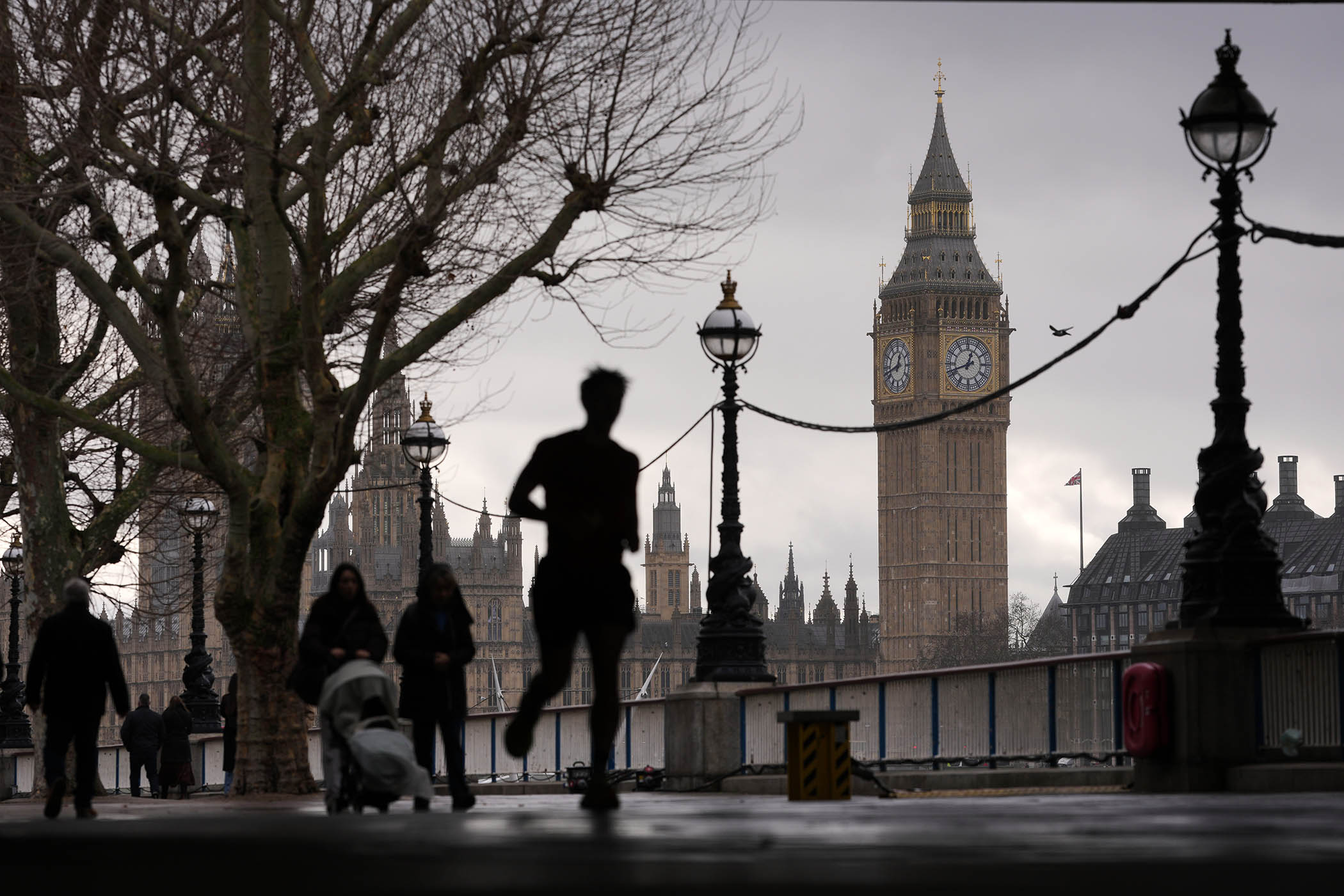First, the good news for a prime minister in dire need of some. Sir Keir Starmer came away from the party conference in Liverpool feeling pleased that the days by the Mersey unfolded a lot better than might have been expected in the circumstances. His speech, an unusually passionate affair by his often stolid standards, was well received. It worked better than many of his previous efforts because it sounded like a man expressing his authentic beliefs rather than someone regurgitating what an adviser has told him it would be tactically smart to say. Some question the wisdom of giving so much attention to Nigel Farage, but most Labour folk like the sight of their leader confronting Reform and declaring: “I will fight them with every breath I have.” The squealing from Mr Farage and his under-strappers suggests that some of Labour’s attack lines are connecting with the target.
Tribal loyalty to the leader was also galvanised by the over-ambitious manoeuvres of Andy Burnham. He got out over his skis. “Silly Andy,” chuckled one cabinet member, while another thought the mayor of Manchester had “blown himself up”. Having headed to Liverpool declaring that Labour MPs were urging him to mount a leadership challenge, he was ultimately impelled to say that he believed the best person to be prime minister is already in the job.
Now, the negative news. The curiously upbeat mood within the conference arena contrasts starkly with how it looked from outside the secure zone. This weekend’s survey from Opinium reports that those voters thinking Labour had a good conference are outnumbered more than two to one by those who reckoned it had a bad one. Sir Keir’s personal ratings are among the worst of any British leader. Ominously for Number 10 strategists, Mr Farage now leads him by 31 points to 26 as preferred prime minister, though both are beaten by the third of voters responding neither.
Looking at the weeks ahead, it is harder to see where the road might ascend to sunnier uplands than it is to envisage all the land mines lurking in the landscape. Ballot papers for the deputy leadership contest go out this week with the result set to be announced at the end of October. Scrunch up your eyes when you look in the direction of Bridget Phillipson and Lucy Powell and you may struggle to tell them apart. Woman. Snap. From the north of England. Snap. Been working for Labour since their twenties. Snap again. They are not facsimiles of each other, but this struggle lacks the fierce cut and thrust of the blockbuster between Denis Healey and Tony Benn in 1981, which the former won by an eyebrow. The divide in today’s contest is less ideological than it is stylistic. Ms Phillipson presents the choice as one between unity, as represented by herself, and “division and disunity that fills the pages of the rightwing papers and puts us back on the road to opposition”. Ms Powell offers herself as an antidote to “the groupthink” of the leader’s inner circle, which has led to “big mistakes” and suggests she will be a shop steward for the party who speaks “truth to power”. Many of the indications suggest that Ms Powell, who was fired from the cabinet just over a month ago, will prevail over her loyalist rival. That will be taken, and will often be intended to be interpreted this way by party members, as a wounding rebuke to the prime minister. They’d rather bloody his nose than pat him on the head.
A month later comes a budget that looks more nightmarishly difficult with every passing day. Cabinet members don’t bother to try to deny that further tax rises are coming. Some strategists think that the big lesson of Rachel Reeves’s first budget is that raising money by targeting specific sectors arouses fiery opposition from extremely noisy interest groups such as farmers. Cleaner, simpler and less risky – so they contend – to bite the bullet and find the additional funds from one of the substantial revenue-raisers which fall on the broad population. One protege of Gordon Brown advocates raising more from VAT on the grounds that “governments usually get away with that”. Others like the thought of reducing national insurance while putting up income tax by the same amount, which would harvest additional sums from those currently exempt from NI. Others in the party’s senior ranks hear talk of raising VAT or income tax and tremble that blatantly breaking the signature tax pledge of Labour’s manifesto will turn out to be Nick Clegg and tuition fees on steroids. “Electoral suicide,” groans one minister. “We’ll never recover from that.”
Darkening the horizon are critical elections next May that threaten to be another demonstration of how the government has shed support on both sides. Polling suggests that Labour is trailing third in both Scotland and Wales, behind Reform, which is taking votes to its right, and the Nationalists, who are taking them to its left. Defeat in Scotland, where the SNP has been ruling for nearly two decades, would be bad. Losing the Welsh Senedd, where Labour has been in power since its creation, would be terrible. That is a potential trigger for panic.
I suggested to a loyalist member of the cabinet that many voters may be too disillusioned and distrustful to be in the mood to be receptive to messages from this government. The minister rather mournfully agreed: “They are not listening right now, to be honest.”
While Andy Burnham had a bruising week, his diagnosis of the peril facing Labour has plenty of sympathisers and, as one veteran strategist put it to me, he has “put into play” the thought that Labour needs to change its leader. I give some points for candour to Shabana Mahmood, the home secretary, for saying: “You shouldn’t believe anyone in politics who says they’re not ambitious about the top job, because they’re basically lying.” She, one of the sharpest operators in the cabinet, and Wes Streeting, the government’s most fluent communicator, often come up in conversation as Labour MPs run their rulers over putative alternatives.
Sir Keir is depicting the next general election as hugely consequential. Nothing less than “a battle for the soul of our country”. It is not enough to be up for the fight; a leader must also demonstrate that they have a strategy to win it. Convincing his party he has one is another of the testing challenges of the weeks ahead.
Photograph by Oli Scarff/AFP via Getty Images
Newsletters
Choose the newsletters you want to receive
View more
For information about how The Observer protects your data, read our Privacy Policy



